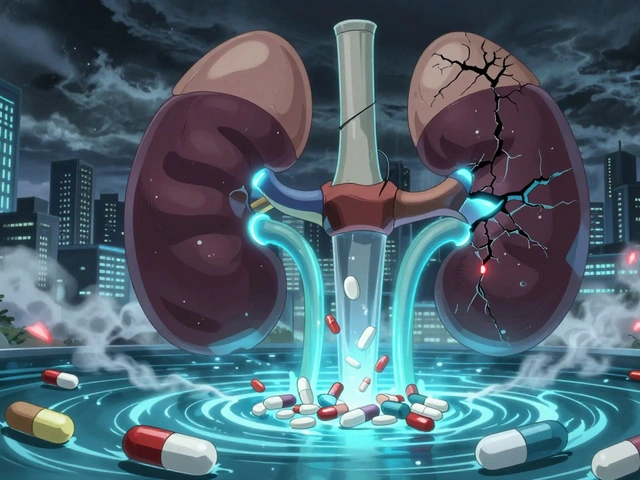Family support: practical care tips for relatives
Being the person others rely on can feel rewarding and overwhelming at the same time. If someone in your family needs help—because of a chronic illness, mental health issue, or an emergency—simple routines and clear communication make everything easier. Below are straightforward, useful steps you can use today to be calmer, safer, and more effective as a caregiver.
Quick checklist for daily care
Start each day with a short, repeatable plan. That reduces stress and keeps things consistent for the person you support.
- Morning check: meds taken, water drank, any pain or new symptoms. Note anything unusual.
- Meals and meds: pair medication times with meals or bedtime to avoid missed doses. Use a pillbox or phone alarms.
- Mobility and safety: clear walkways, place frequently used items within reach, and check smoke/carbon monoxide alarms.
- Mood and activity: short walks, a five-minute breathing break, or a favorite song can lift mood quickly.
If seizures are a concern, learn the signs and first aid steps. Our guide on recognizing partial onset seizures explains what to watch for and how to respond calmly.
Handling medical info and medications
Medical details change fast. Keep a single page with the person’s current meds, doses, allergies, and emergency contacts. Carry a copy when you visit clinics or ERs.
When you buy meds or check alternatives, stick to trusted sources and ask the pharmacist or doctor any time something looks different. If you read about substitutes or supplements, cross-check with a reliable article or ask a clinician before switching. For respiratory conditions and inhalers, compare costs and options so a needed inhaler isn’t skipped because of price.
Talking to doctors can feel awkward. Be direct: list the top three symptoms, note when they started, and mention any recent changes in meds or mood. Bring a written list so you don’t forget anything in the appointment. If digestive or embarrassing symptoms are present, say them plainly—doctors want useful details, not niceties.
Mental health and family stress often go together. If panic or depression appears, encourage short practical steps: maintain sleep routines, get small daily wins (like a walk), and ask the clinician about safe medication or therapy options. You don’t have to solve it alone—professional care helps.
Emergency preparedness matters. Keep a small kit with critical meds, a photocopy of prescriptions, a blanket, and a list of who to call. For sudden eye infections or worsening conditions, know where the nearest urgent clinic is and what documents you’ll need.
Finally, care for yourself. Set mini-breaks, accept help from friends, and use phone alerts to stay on top of tasks without memorizing everything. The better you stay rested and organized, the better support you’ll give your family.
Need focused reading? Search this site for topics like seizure first aid, managing COPD in older adults, or guides on medication safety to get practical how-tos and real-world tips you can use right now.




